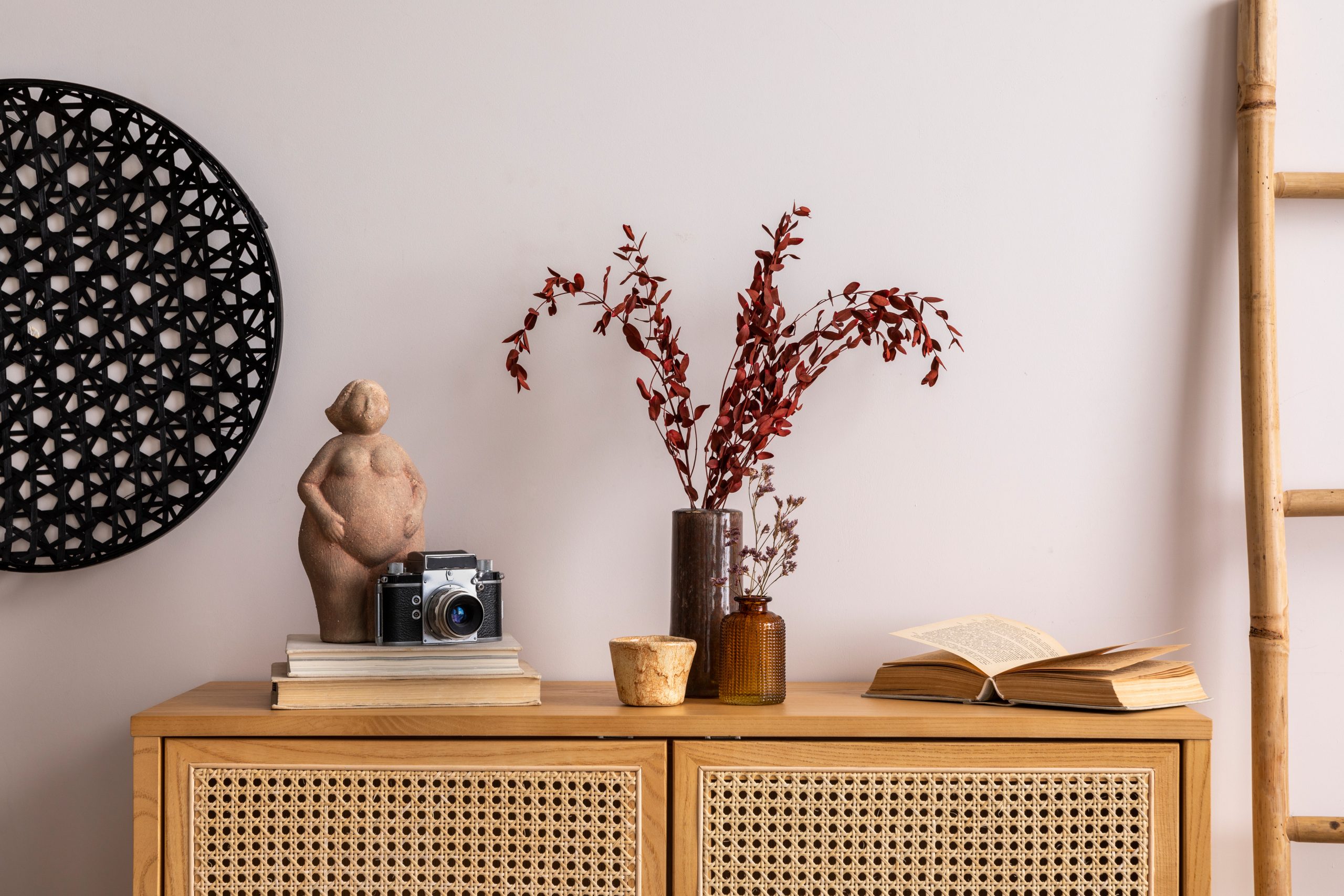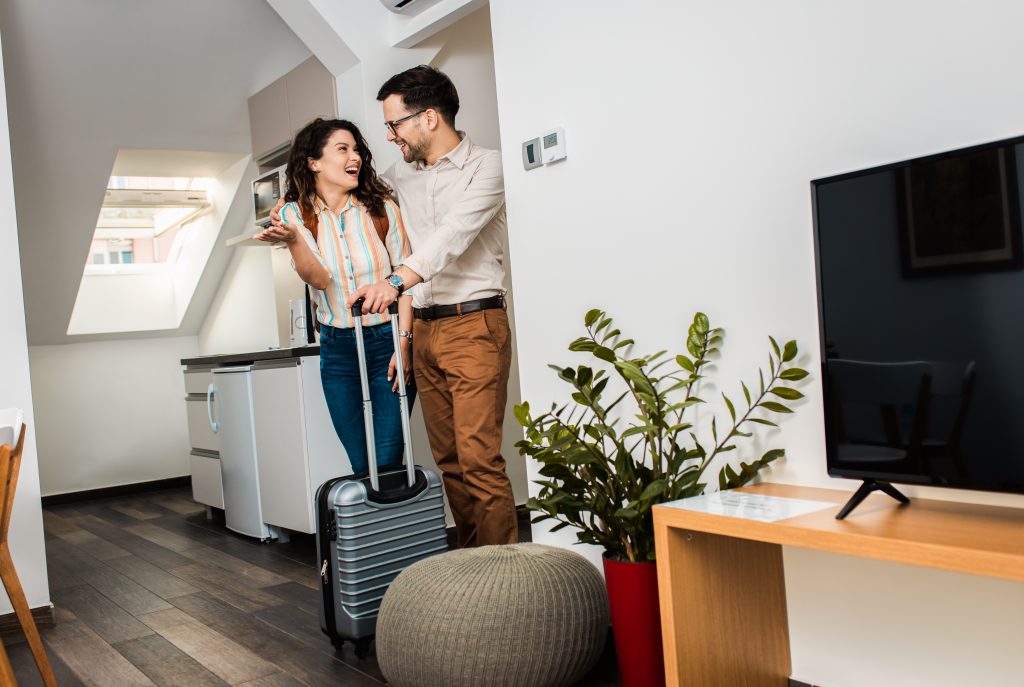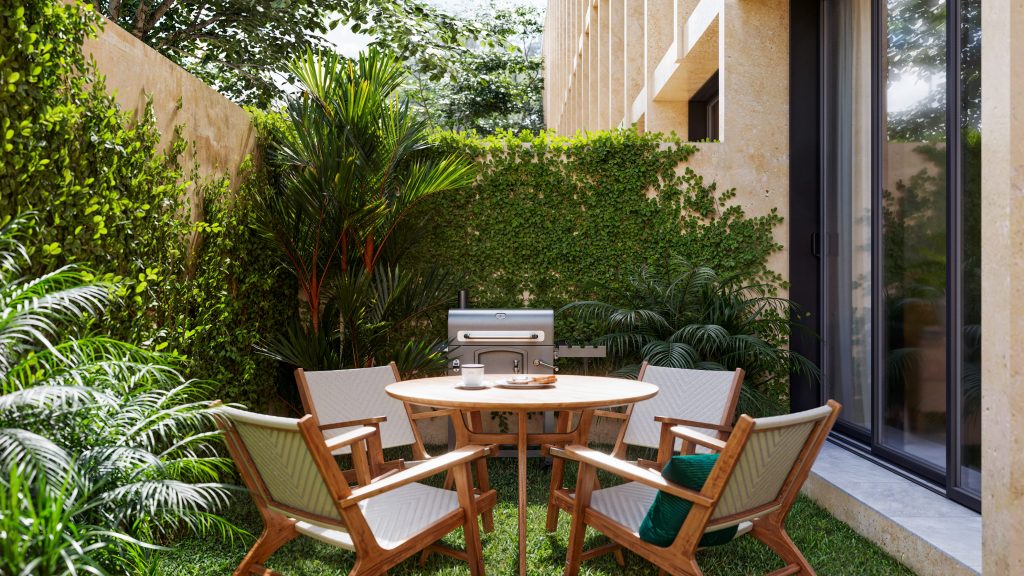
Content
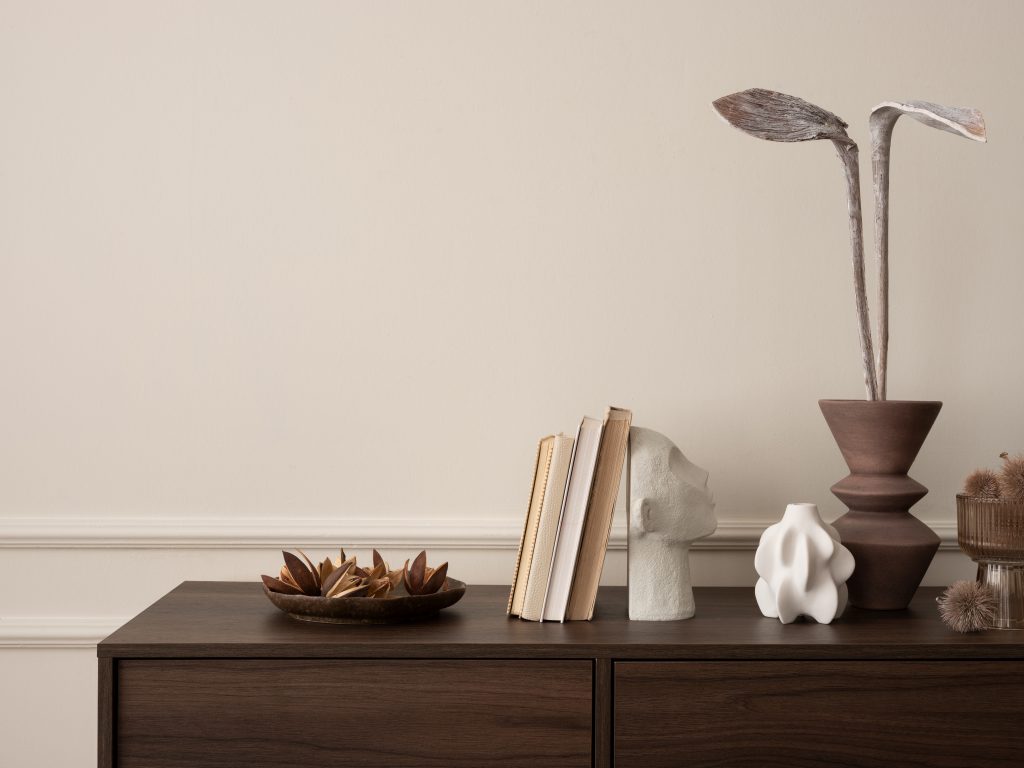
Spaces that tell stories
Every space has the potential to tell a story. Beyond functionality or aesthetics, interiors can speak to who you are, your travels, your tastes, and your worldview. Especially in spaces like Airbnbs or vacation rentals, connecting emotionally with guests makes all the difference.
Define your message
The first step is to define the message you want to convey. It could be a story of local tradition, beach life, cosmopolitan sophistication, or adventure. Once you have defined the concept, choose decorative elements that reinforce that narrative.
Objects with soul
Use objects with soul: local crafts, books, paintings, textiles, old photographs, or vintage pieces. These details create a welcoming and enriched atmosphere, where every corner has a purpose.
Colors that speak
Colors also tell stories. Earth tones refer to the ancestral, blues to the sea and rest, greens to nature. Play with coherent combinations that speak to your concept.
Lighting as language
Lighting is part of the language. Warm lighting can create a feeling of home, while indirect lighting or accent lighting adds sophistication or mystery. The way a space is lit directly affects how it is perceived.
Local and natural elements
Incorporating natural and local elements is another powerful resource. Henequen, regional stone, loom-woven textiles, raw wood, or the colors of Yucatecan facades add authenticity and a sense of belonging.
Memorable spaces
When interior design has a narrative, spaces become memorable. They don't just look beautiful: they feel beautiful. And that's what makes a guest want to come back.
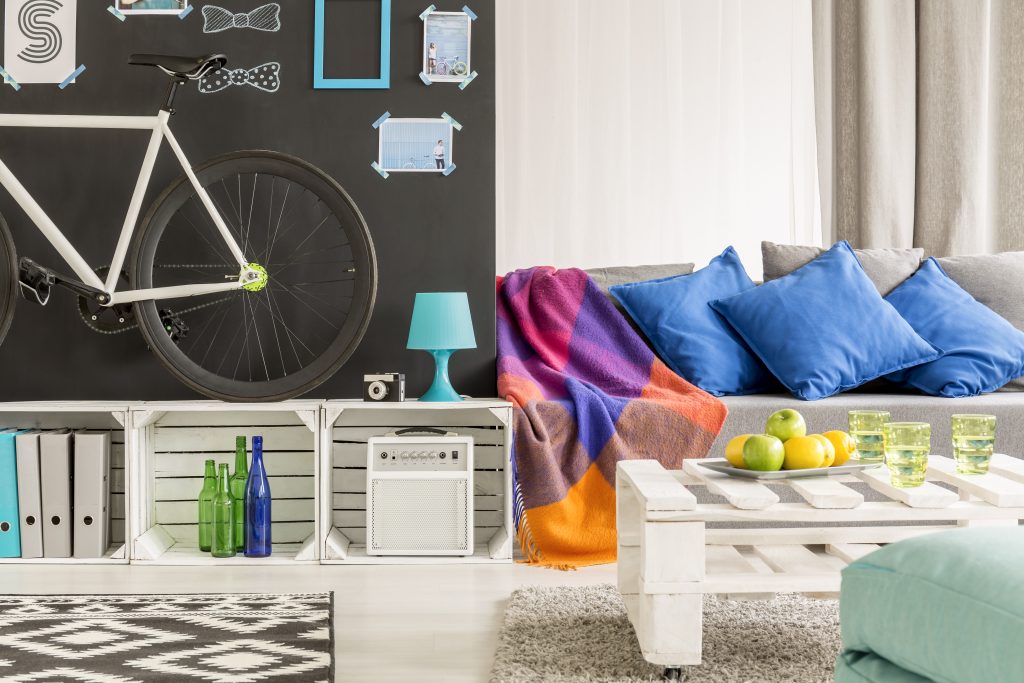
References
- Elle Decor. “Storytelling in interior design.” 2022.
- Design Milk. “Homes that tell a story.” 2023.

